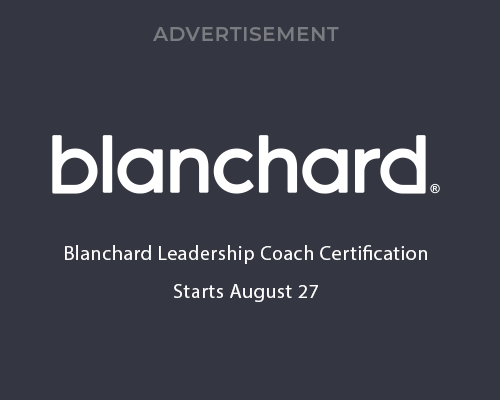Interpersonal Neurobiology: An Interdisciplinary Field That Coaches Should Know About
Experiences associated with being an identical twin, such as intertwined identity issues, “mind-reading” communication and the ability to feel another’s pain remotely, always made me wonder how much there still is to know about the interconnections of human brains. I also had similar thoughts in the early years of my son’s life. As we bonded, responding intuitively to each other, our relationship propelled learning and deepened our attachment.
It was through a parenting book,by Daniel J. Siegel and Mary Hartzell, that I learned of the emerging interdisciplinary field interpersonal neurobiology, which examines the connections between brains and related issues—and is something coaches should know about it! (Dr. Seigel was and continues to be a pioneer in the field.)
What Is Interpersonal Neurobiology?
Interpersonal neurobiology, also called relational neuroscience, explores the contributions of many fields—anthropology, biology, computer science, neuroscience, psychology, sociology and systems theory, to name a few—to better understand human development and human experience and to find applications for healing, mental health and well-being. It is particularly concerned with the relationship component of those things as well as development and the ability to thrive across the human lifespan.
Some Basic Insights…
Neuroplasticity and the mind as embodied and relational are foundational insights for interpersonal neurobiology. Neuroplasticity refers to the brain’s ability to change, rearrange, grow and rewire itself over the course of one’s life as a response to learning and experience or after an injury. The mind as embodied and relational indicates that the brain’s actual mechanics and uses are shaped, and re-shaped, by its experiences, particularly those connected with its most important and emotional relationships. Dr. Siegel further proposes that the mind can be considered a relational process and that who we are exists as much between us as it does within us. (Remembering that systems theory contributes to an understanding of interpersonal neurobiology may help with the conception of this.)
…And Implications
If our brains can change, develop and heal as we continue through life, with relationships being a powerful factor in the process, how do we use and interact with our own brains, and those of others, for optimal well-being, healthy integration and harmonious relationships? What do we need for these mental health goods? How do we nurture our social connections? Psychologists, social workers, therapists, nurses, addiction counselors and clergy are already getting trained in the fundamentals and applications of interpersonal neurobiology. Some of this training focuses on moving beyond dysfunctions and post-trauma healing and integration, areas ethically beyond most coaches’ professional scope. But some of it is more broadly applicable to anyone living and working at the intersection of personal development, wellness and relationships: parents, teachers, organizational experts and naturally, us as coaches.
Intrapersonal and Interpersonal
While the field is called interpersonal neurobiology and the relationship between minds is critical, the area also delves into the intrapersonal realm, the neuroscience going on in any individual brain. Both of these suggest areas for further learning and exploration by coaches. On the intrapersonal front, ongoing inner and personal development work is required for any coach who is making a living helping others with the same. As far as the interpersonal goes, even those coaches who are not explicitly Relationship Coaches are routinely assisting their clients with relationship issues.
Perhaps, the most exciting opportunity I see here is in better understanding, developing and promoting the power of the relationship between coach and client. What all becomes possible within and because of a strong coaching relationship (i.e., it simply can’t be done alone, by oneself)? How do we use the insights of this multidisciplinary framework to better serve those we coach and to expand our own field of coaching?
© Sharon Woodhouse




We’ve been very fortunate in Austin Texas USA that a local group of excellent therapists and wellness workers formed AustinInConnection.org and periodically do bring in Daniel Siegel to train.
His audiobooks are always on my iPhone, also.